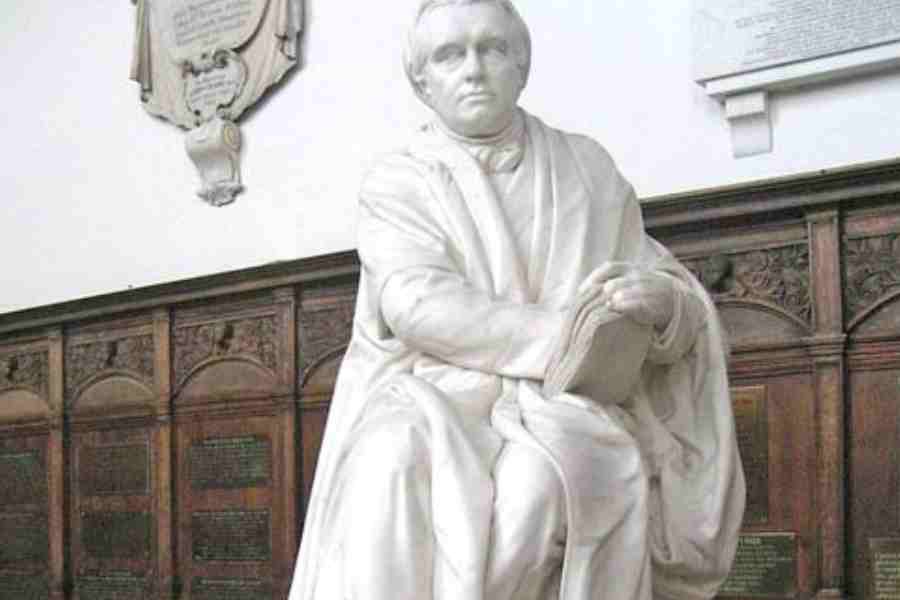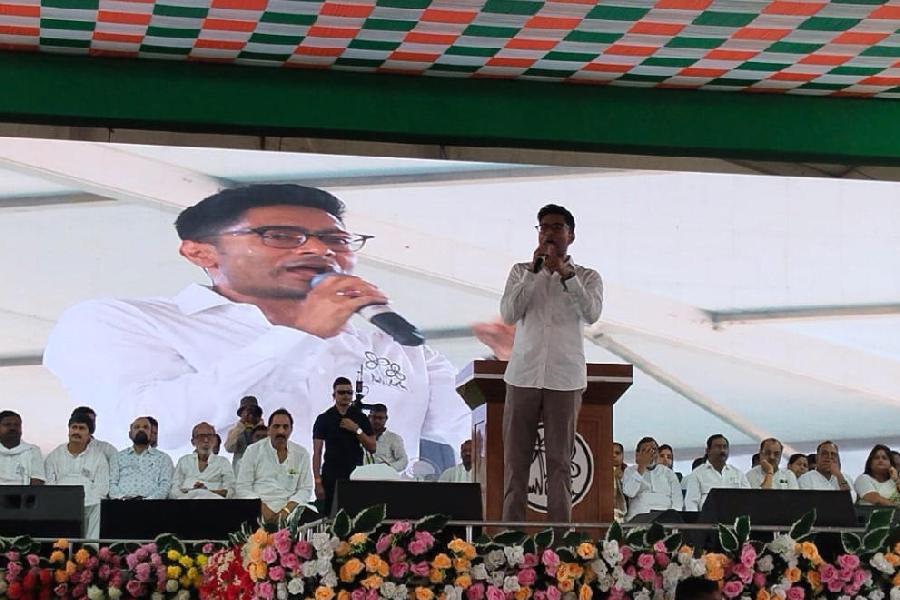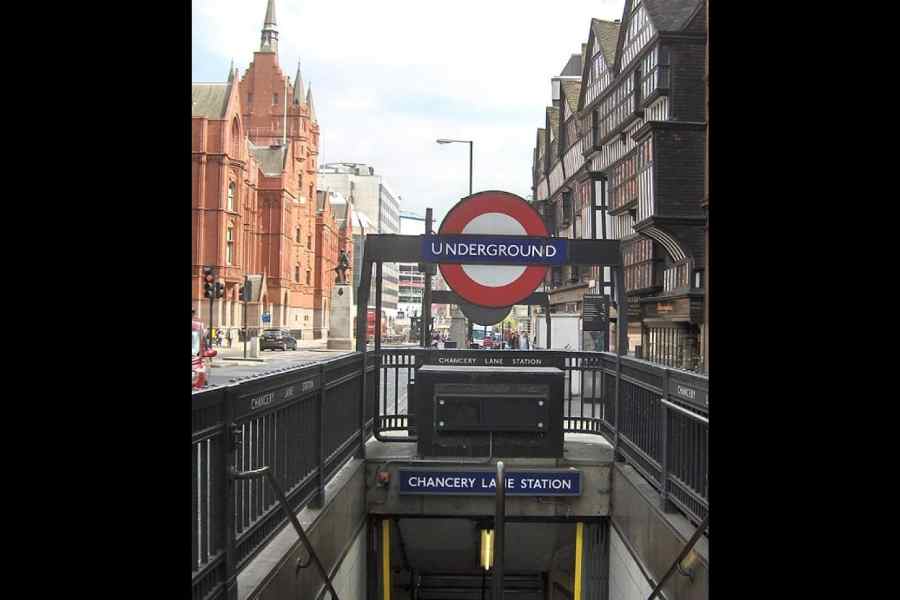Modern education in India shares a complex relationship with India’s independence and colonialism. The roots of today’s education in India can be traced back to the colonial era, specifically to T.B. Macaulay. Macaulay’s Minute on Indian Education played a crucial role in shaping modern education and society in India. They can also help us understand the multi-layered relationship with our colonial past.
Despite the underlying colonial ideas, Macaulay’s Minute on Indian Education has no clear-cut binary between the Self and the Other — the colonial oppressor and the oppressed. This becomes apparent right at the beginning where, instead of two agencies, we find three, forming a triangle. The first was the British Parliament, which sanctioned one lakh rupees to promote Sanskrit and Arabic in India. Second were the Indians who received this grant to continue their education in these classical languages. And third, the enigmatic Macaulay and the committee appointed by the British Parliament to make recommendations for education in India.
Instead of supporting the British Parliament that appointed him, Macaulay opposed the Parliament’s grant “for the revival and promotion of literature,” which included only “Arabic and Sanscrit literature…” He recommended introducing modern education in India and stressed that the subjects taught in England, such as Milton’s poetry, Locke’s metaphysics and Newton’s physics, should be taught in India too. Macaulay challenged the British Parliament when he made a strong case for introducing modern education in India. This can be seen retrospectively as a positive contribution. But in doing so, Macaulay complicated the conventional relationship between the ruler and the ruled. An agent of the ruler himself, he took up a position against another agency from the ruling side.
It must be noted that in making this move, seen within the triangle, Macaulay shifts away from the British Parliament and towards the people of India. Many reject Macaulay based on what he said about Indian classical knowledge: “It is, I believe, no exaggeration to say that all the historical information which has been collected from all the books written in the Sanscrit language is less valuable than what may be found in the most paltry abridgements used at preparatory schools in England.” While Indians have reasons to feel insulted by Macaulay’s summary dismissal, reacting emotionally does not allow us to understand the strategy and the politics underlying Macaulay’s trap. There are two levels to this trap. At one level, it must be conceded that Macaulay’s recommendation of modern education for Indians is positive. As for his opinion on Arabic and Sanskrit, we must ask ourselves if continuing traditional education was truly desirable for modern India. How many Indians would want to send their children to these traditional schools today, even if they are not as bad as Macaulay had feared? Education in modern India, especially modern science, technology, commerce and industry, and radical political ideals, such as democracy, liberty, and freedom, stemmed from Macaulay’s Minute. The implementation of Macaulay’s education policy helped India progress faster and catch up with developed countries. The path initially promoted by the British Parliament would have stalled this progress. The explicit elitism and the dominant patriarchy would have kept lower castes and women, who constitute half of the population, away from education. In this sense, Macaulay’s proposal ultimately proved to be for the betterment of India.
However, there is also a trap here. Following Macaulay’s recommendation, India opted — and rightly so — for modern education. But this was tantamount to accepting colonial rule as modern education was equated with the British. So the problem with Macaulay was not his positive recommendation but the justification for colonialism that was deeply embedded within this proposal.
The Indian leaders seem to have distinguished between the content and the carrier. They looked upon the British as the carrier but dissociated them from the content or the knowledge they helped bring into India. The Indians rejected the binary between classical and modern knowledge and made a case for both modern and classical. This was the underlying formula in the writings of Bankimchandra Chatterjee, Swami Vivekananda, and Sri Aurobindo. These philosophical founders of the Indian national movement wanted modern science in conjunction with traditional spiritualism. Novel and unprecedented, this approach resonated in the writings of these modern Indian thinkers.
This way of thinking was radically different from that of Macaulay who, in his doctrine on education, rejected any value in classical Indian knowledge and did not consider the possibility of any defect or limitation in modern knowledge. However, the Indian thinkers accepted the modern education that was introduced by the colonisers and, at the same time, made a case for India’s independence.
This brings us to yet another significant consequence of Macaulay’s education — how it enabled India’s freedom. Winston Churchill viewed Macaulay to be instrumental in the “proliferation of Indian nationalist leaders a century later.”
The triangle, the proposal, the descriptions, the deceptions, and the reversals in enabling the opposite of what was intended need to be carefully identified and understood in these complex Minutes. Dismissing Macaulay without a clear understanding of the realities around us will be an emotional knee-jerk reaction that is superficial and sentimental. But an unquestioning acceptance of his ideas without considering the in-built justifications for colonial rule in India, too, will be dangerous.
Therefore, it is imperative to closely study Macaulay’s Minute on Education and analyse its different aspects to understand modern education and society in India. This is also necessary to recognise the novel attempt to circumvent the trap laid by him to continue colonial rule.
A. Raghuramaraju teaches Philosophy at the Indian Institute of Technology Tirupati










